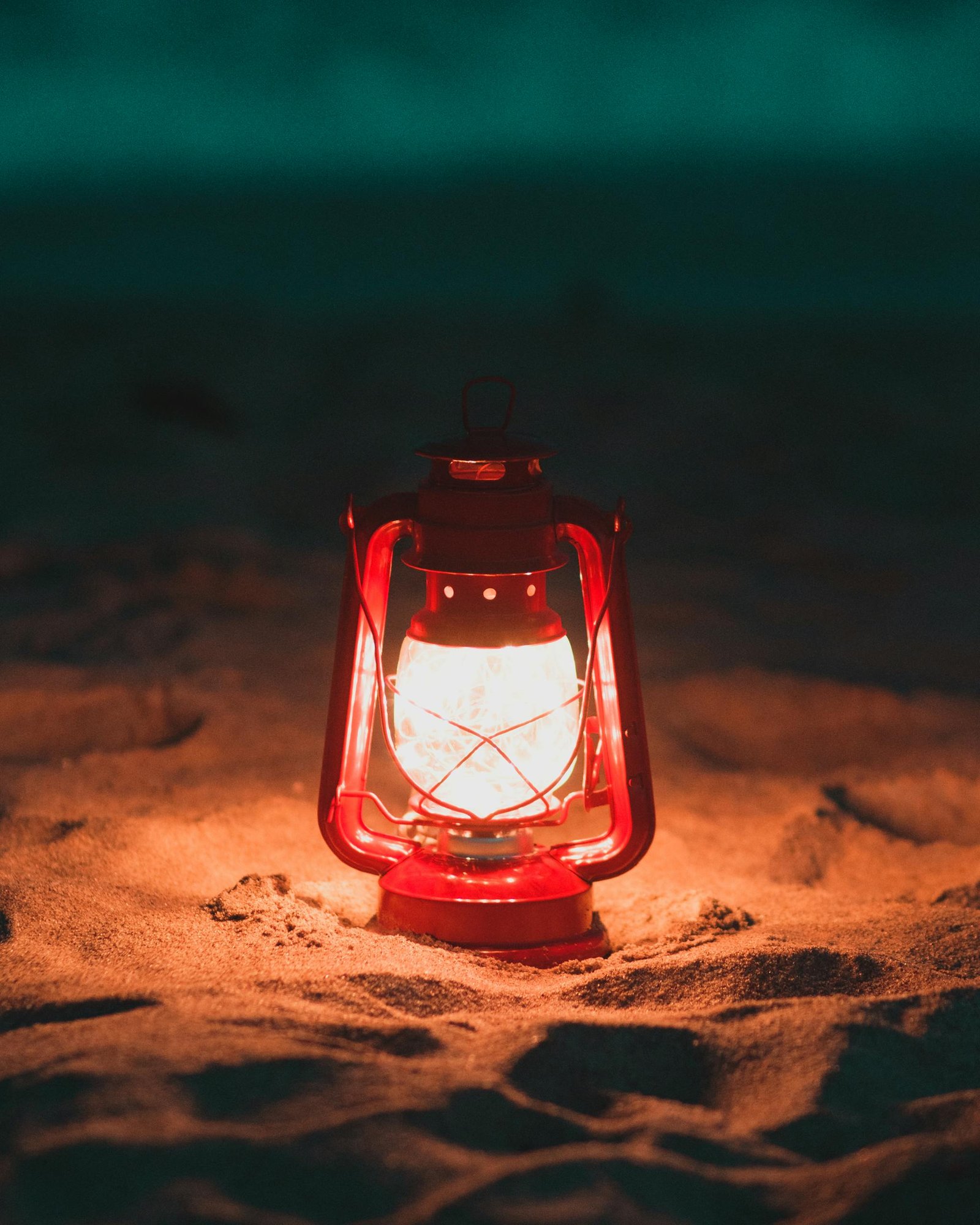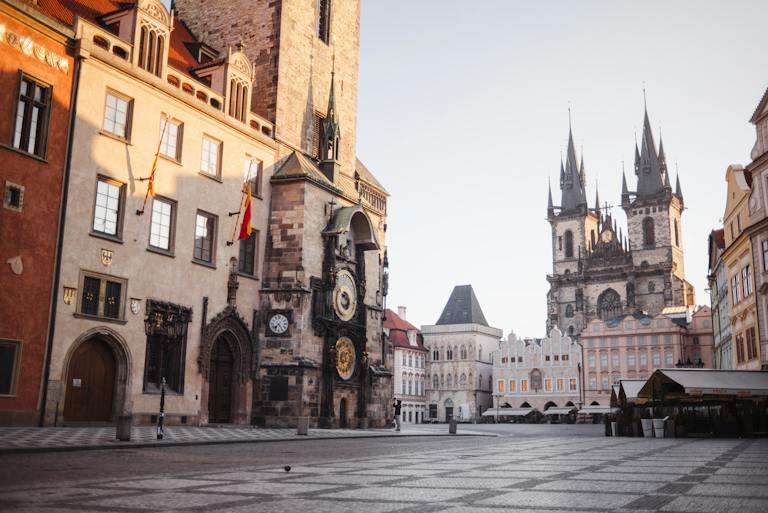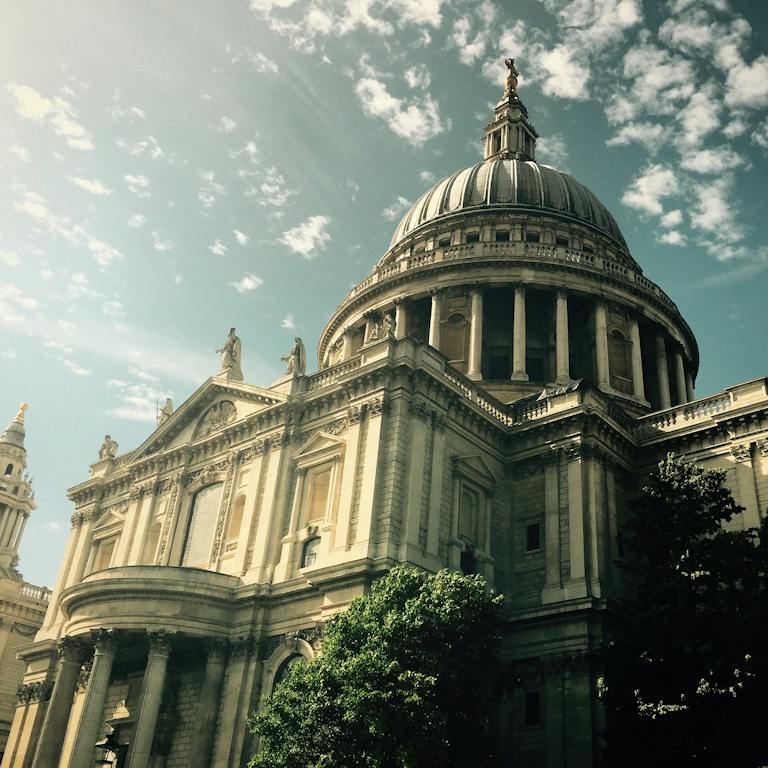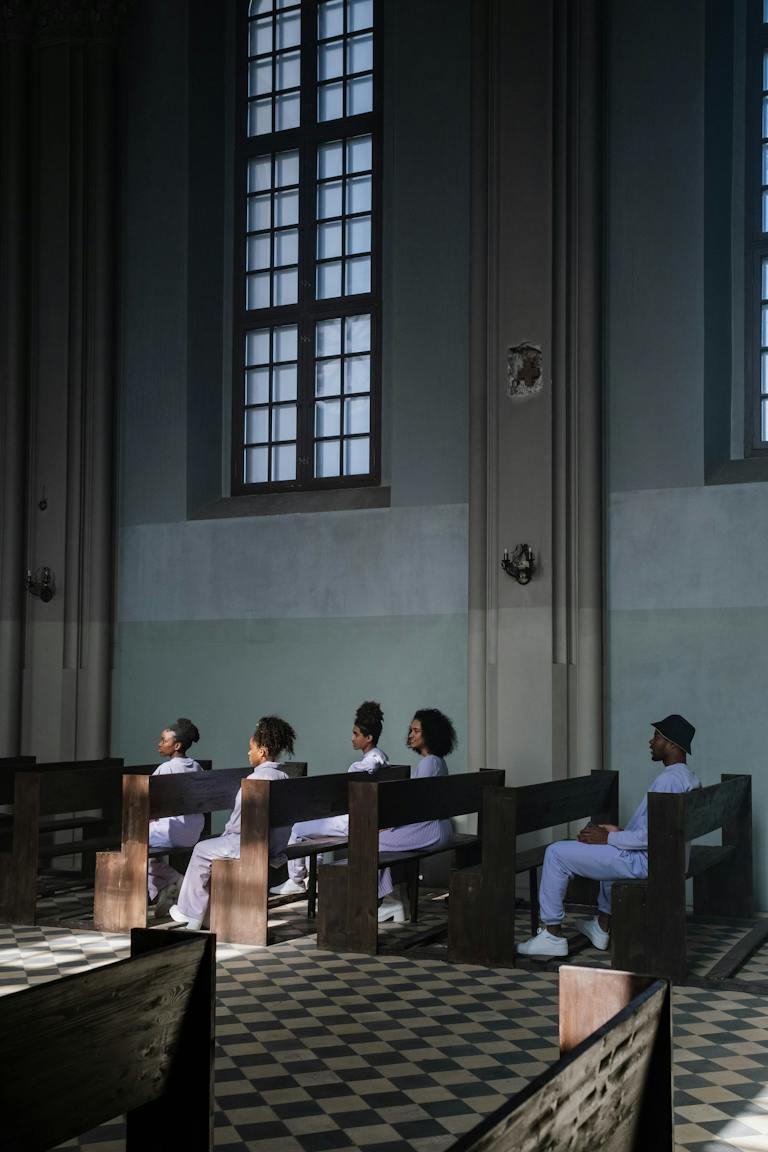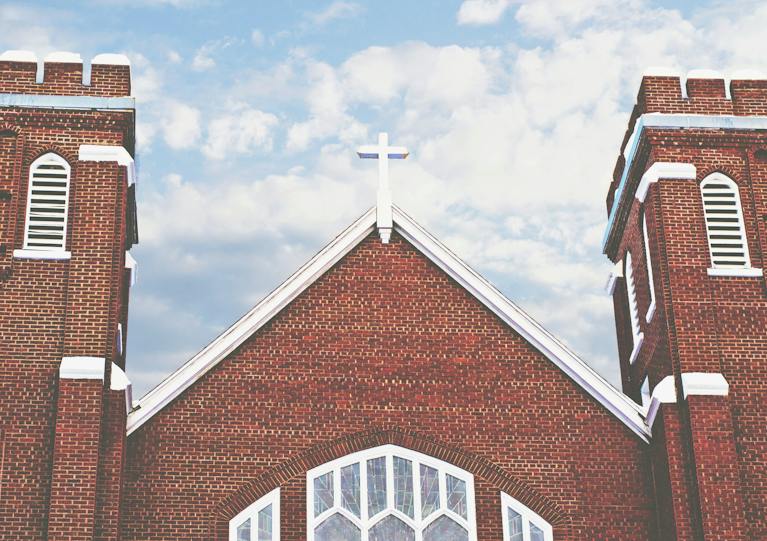What is Catholic evening prayer?
Evening prayer is a cherished tradition in the Catholic faith. As night falls at the end of each day, we have the opportunity to offer thanks to God, seek forgiveness for our shortcomings, and rest in His peace. In this blog post, I aim to provide an overview of Catholic evening prayer and highlight its profound meaning for the spiritual lives of believers.
What is Evening Prayer?
Evening prayer is one of the key prayer times observed by Catholics and members of other liturgical Christian denominations. Also known as vespers, evening prayer provides us with a rhythm of regular prayer at the end of the day in the traditions of ancient Christian monastic communities.
At its heart, evening prayer is about remembering God’s presence with us throughout each day, thanking Him for His guidance and provision, confessing our sins and asking for forgiveness, as well as invoking His protection and peace during the night. The prayers and Scripture readings recited at evening prayer encapsulate these themes.
When do Catholics pray the evening prayer?
In the modern church context, catholic evening prayer is generally prayed by religious communities and some lay Catholics before dinner time. Traditionally within monastic communities, evening prayer was offered at sunset to conclude the working day.
For the lay Catholic unable to attend an evening prayer liturgy at their parish, praying before the evening meal is a meaningful way to set aside time with God as the day draws to a close. Keeping evening prayer at a consistent hour each day is valuable in establishing this prayer rhythm.
The ritual nature of evening prayer within the Liturgy of the Hours also connects us with the continual prayer of the wider Body of Christ, the Church. When we recite the Vespers liturgy, whether individually or communally, we join our voices in prayer with Catholics around the world observing the Hours.

What is included in the evening prayer?
While shorter forms of evening prayer are available for individual devotion, the full vespers liturgy includes:
- Opening versicle and response
- Hymn: a sung prayer addressed to God, often focused on themes of light, joy or salvation
- Psalmody: the singing or recitation of a Psalm, including the Glory Be
- Scripture reading: a short reading, usually from the Old or New Testament
- Responsory: a sung or recited response to affirm the Scripture passage
- The Magnificat: Mary’s hymn of praise to God from Luke 1:46-55
- Intercessions: petitions calling on God’s help and guidance
- The Lord’s Prayer
- Closing prayer and blessing
This liturgy fills our prayer time with the Word of God and teachings passed down through Christian tradition. The rich spiritual sustenance empowers us to rest in hope and renewal in Christ as we conclude the day.
Key Themes of Catholic Evening Prayer
Several key themes appear throughout the prayer texts and ritual acts incorporated into the evening prayer liturgy:
Light and darkness: We recall God as our light, protecting and guiding us even through life’s darkest moments (Psalm 141:7–10). Lighting candles at the start of vespers connects us with Christ, the light.
Joy and gratitude: Mary’s Magnificat (Luke 1:46–55) inspires us to glorify and thank God for His mercy, protection, and the wondrous gift of Christ.
Sin and repentance: We are led to reflect on moral failures, confess them, and ask God to “shield us against danger” as we turn to Him for forgiveness.
Rest and renewal: Evening prayer speaks of resting in faith, confident of God’s providence through the night and each new day (Psalm 134). We find strength for tomorrow.
The communal dimension: As part of the Liturgy of the Hours, evening prayer unites us in worship with the universal church across geographic boundaries.
Why Pray Evening Prayer?
After a long day of work, responsibilities, or worldly distractions, setting aside time for evening prayer reminds us of the spiritual nourishment Christ alone can provide. Beyond merely another item on a checklist, pausing to pray empowers us to:
- Offer heartfelt thanksgiving: We take stock of God’s gifts that day — a success at work, quality time with family or an act of kindness from a stranger. Seeing His blessings afresh fuels our praise.
- Seek forgiveness and healing. Having reflected on moral failures or wounds suffered, we bring them to the Lord, receiving His mercy and the grace to grow through challenges.
- Invoke God’s protection and help: Danger, uncertainty and temptation do not disappear with nightfall. Evening prayer entrusts ourselves and those we love to the shelter of God’s wings (Psalm 61:4).
- Rest in God’s peace: As we prepare for sleep, bringing anxious thoughts and any lingering troubles to Christ in prayer grants us the gift of peaceful rest that eludes many (Psalm 4:8).
- Foster love for Scripture and Tradition: Praying the Liturgy of the Hours steeps us in the Bible by regular recitation of the Psalms alongside other treasured texts passed down through centuries.
In the gift of evening prayer, we not only honor God but are ourselves blessed, transformed and sustained along the journey of faith. The church invites all her children to tap into this wellspring of grace. Will you accept the invitation?
I hope this overview provides helpful insight into the meaning and value of Catholic evening prayer for growing in spiritual maturity. May your vespers liturgy nourish your soul with God’s love and fortify you to live each day for His glory.

